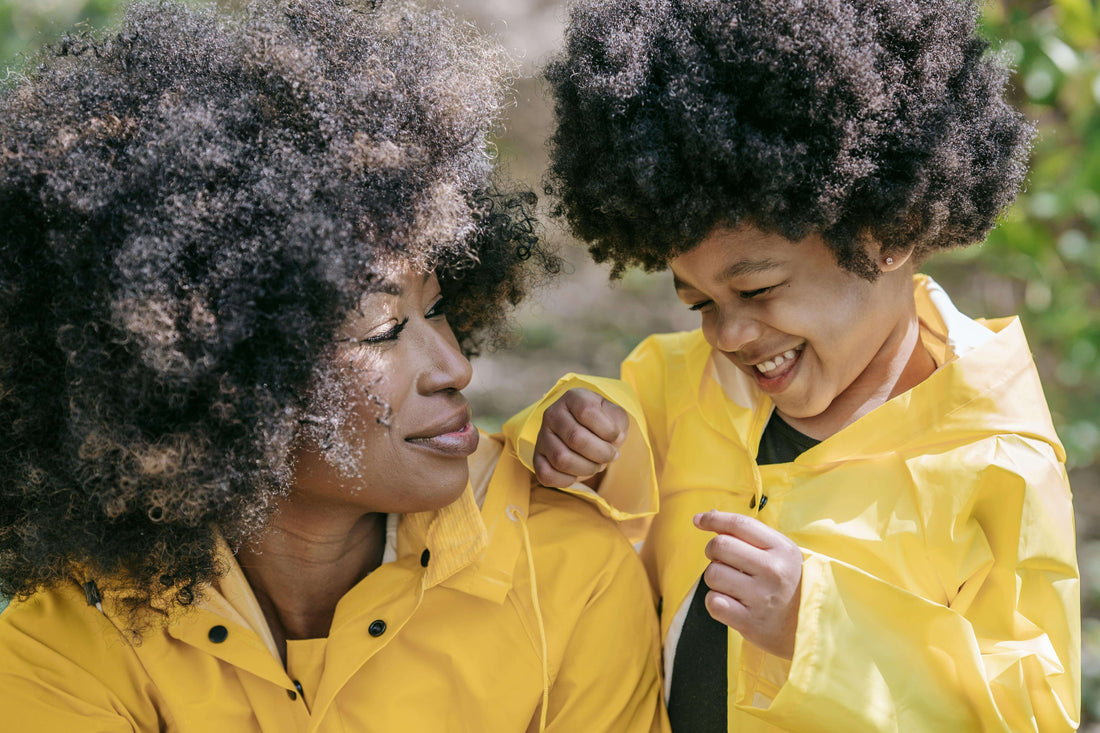
Why Learning Yorùbá Matters: Connecting with Culture, Family, and Identity
Share
Language is more than words — it’s the heartbeat of a people.
For millions of Yorùbá descendants across the world, learning Yorùbá isn’t just about communication. It’s about connection — to family, to history, and to self.
In this post, we’ll explore why learning Yorùbá matters deeply today, especially for those living in the diaspora, and how every phrase you learn helps keep a vibrant culture alive.
1. Language Preserves Culture
Yorùbá carries centuries of wisdom, values, and rhythm. From proverbs to prayers, every expression reflects how Yorùbá people view the world.
When you learn Yorùbá, you’re not just memorizing phrases — you’re preserving a worldview. Words like àṣẹ (the power to make things happen) or ọ̀rìṣà (divine being) can’t be translated neatly into English; they carry cultural depth that can only be truly understood through the language itself.
Learning Yorùbá means keeping cultural memory alive — one conversation at a time.
2. It Strengthens Family Bonds
For many people in the diaspora, there’s a quiet ache that comes from not being able to speak your parents’ or grandparents’ language. When you begin learning Yorùbá, that gap starts to close.
Imagine calling your grandmother and greeting her with Ẹ káàrọ̀ (good morning) or saying Mo nífẹ̀ẹ́ yín (I love you). Those moments build bridges — small gestures that say, I see you. I honor where we come from.
Language creates belonging, even across oceans and generations.
3. It Builds Identity and Pride
Knowing Yorùbá connects you to a lineage of poets, philosophers, and storytellers. It’s a reminder that your heritage is rich, intellectual, and worthy of pride.
In a global world that often pushes assimilation, reclaiming your language is an act of self-definition. Whether you’re African, African American, or simply drawn to the culture, learning Yorùbá helps you root yourself in something timeless.
4. It Expands How You Think
Studies show that bilingual people think more creatively and develop stronger problem-solving skills. Yorùbá, with its tonal system and layered meanings, challenges the mind in exciting ways.
The language invites nuance. A single word like ọ̀rẹ́ can mean “friend” or “favor,” depending on tone and context — teaching you to listen carefully, interpret deeply, and speak with intention.
5. You Don’t Have to Live in Nigeria to Learn
Whether you live in Atlanta, London, or Toronto, you can still immerse yourself in Yorùbá through modern tools:
-
Flashcards and apps (like Ajíire Yorùbá Flashcards + audio companion)
-
Podcasts, YouTube channels, and songs
-
Online language communities and virtual tutors
Start small — one phrase a day — and let it grow naturally. The key is consistency and curiosity.
6. Every Word You Learn Keeps Yorùbá Thriving
Languages fade when they’re not spoken. Every time you say ẹ ṣe (thank you) or báwo ni? (how are you?), you contribute to keeping Yorùbá vibrant for future generations.
Your learning journey is not just personal; it’s part of a global movement to celebrate and sustain African languages in everyday life.
Final Thoughts
Learning Yorùbá is more than mastering grammar — it’s reconnecting with who you are and where you come from. It’s saying yes to cultural pride, intergenerational connection, and self-expression.
Start your journey today with Ajíire Yorùbá Flashcards and Audio Guides — designed for real conversations, clear pronunciation, and everyday use.
👉 Visit ajiire.com to begin learning and speaking Yorùbá confidently.
